Statistical Revealed Preference Models for Bipartite Networks
Fiona Yeung
PhD, 2019
Handcock, Mark S
This dissertation focuses on investigating the driving factors behind the formation of connections in large two-mode networks. Assuming that network participants maximize their benefits, or “”utilities””, over their choices of connections, our primary research interest is to estimate a set of latent parameters that explains their “”preferences”” for choices of linkages. Discrete-choice models are incorporated into the proposed estimation framework to model decision-making behaviors. Most generative models for random graphs are based on the specification of a joint probability distribution over the observed pairings, with an emphasis on the structural properties of the networks. The method proposed here, however, takes into account the role of decision making and therefore offers insight into the rationale for the choices of connection. Understanding such decisions may in turn provide insights into any intervention that can induce the network connectivity into a more desirable state.
The interest of this dissertation is limited to large bipartite networks in which edges occur only between nodes from different sets where the decision to form an edge is mutual. A non-transferable utility (NTU) setting is assumed and isolated nodes are allowed.
The dissertation also includes an investigation of the statistical properties of one-to-many and many-to-many relationships and the specification of their statistical models. Inference for the preference parameters is then performed for the proposed statistical models, and simulations are used to evaluate their performance.
The interest of this dissertation is limited to large bipartite networks in which edges occur only between nodes from different sets where the decision to form an edge is mutual. A non-transferable utility (NTU) setting is assumed and isolated nodes are allowed.
The dissertation also includes an investigation of the statistical properties of one-to-many and many-to-many relationships and the specification of their statistical models. Inference for the preference parameters is then performed for the proposed statistical models, and simulations are used to evaluate their performance.
2019

